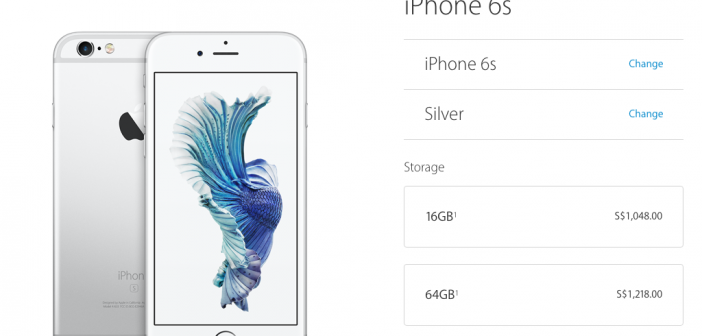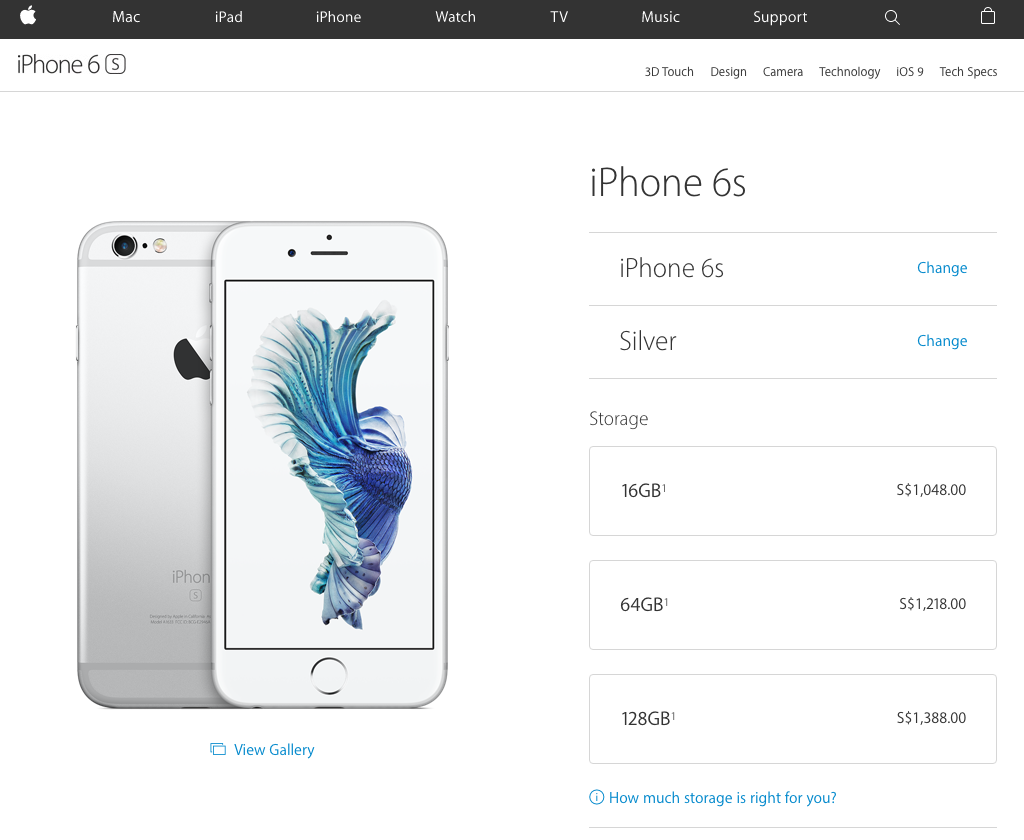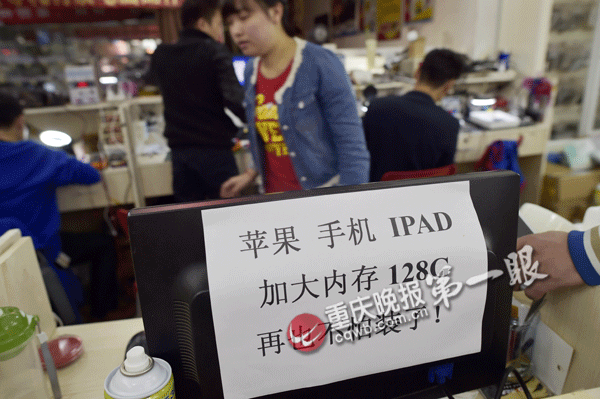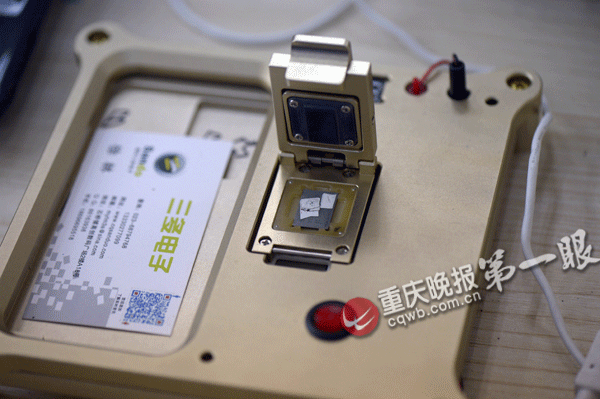It has been reported by cnfol that there is a repair shop in China that managed to upgrade the internal storage memory of iPhone 6s from 16GB to either 64GB or 128GB.
A 16GB iPhone will cost S$1048 while the price for 64GB and 128GB are S$1218 and S$1388 respectively. In China, the price differentiation meant that most iPhone users will buy the 16GB model. The repair shop that offers this upgrade service is offering 64GB upgrade at RMB450 (S$106) and 128GB upgrade at RMB580 (S$128). According to the shop’s representative, most of the 70 odd customers opted for the 128GB upgrade since the service was first offered a week ago.
A local news reporter with Chong Qing Evening News went to the shop to look that how the upgrade is done. The entire process took about an hour. Through application of heat, the NAND chip is removed and then replaced with another NAND chip of the desired storage size.
Usually Apple will apply an internal system check to check on the integrity of the hardware of the phone. Hence, unauthorised modification of key hardware like the NAND chip is said to be impossible. However to bypass this, the shop exploits a loophole that hoodwinks the authentication procedure, thus allowing the new NAND chip to be installed.
Most of the default iOS functionalities remain intact after installation of the new storage chip. However, some functionalities of the iCloud service are not available after the upgrade. The most obvious observation is that the Find my iPhone functionality is borked.
The shop representative said that due to the high heat involved, it is more difficult to install the replacement chip in iPhone 5s while it is easier to operate on devices with larger form factors such as iPhone 6s and the iPad. Additionally, as this uses an exploit in the current iOS version, it is possible that Apple may patch this exploit in a newer iOS version and render the device inoperable. In light of this, the shop recommend against upgrading the storage in this manner for devices with a valid warranty and that the shop is not liable for inoperable devices when a new iOS version is released.
According to the report, Apple (China) has thus far yet to comment on this exploit.







